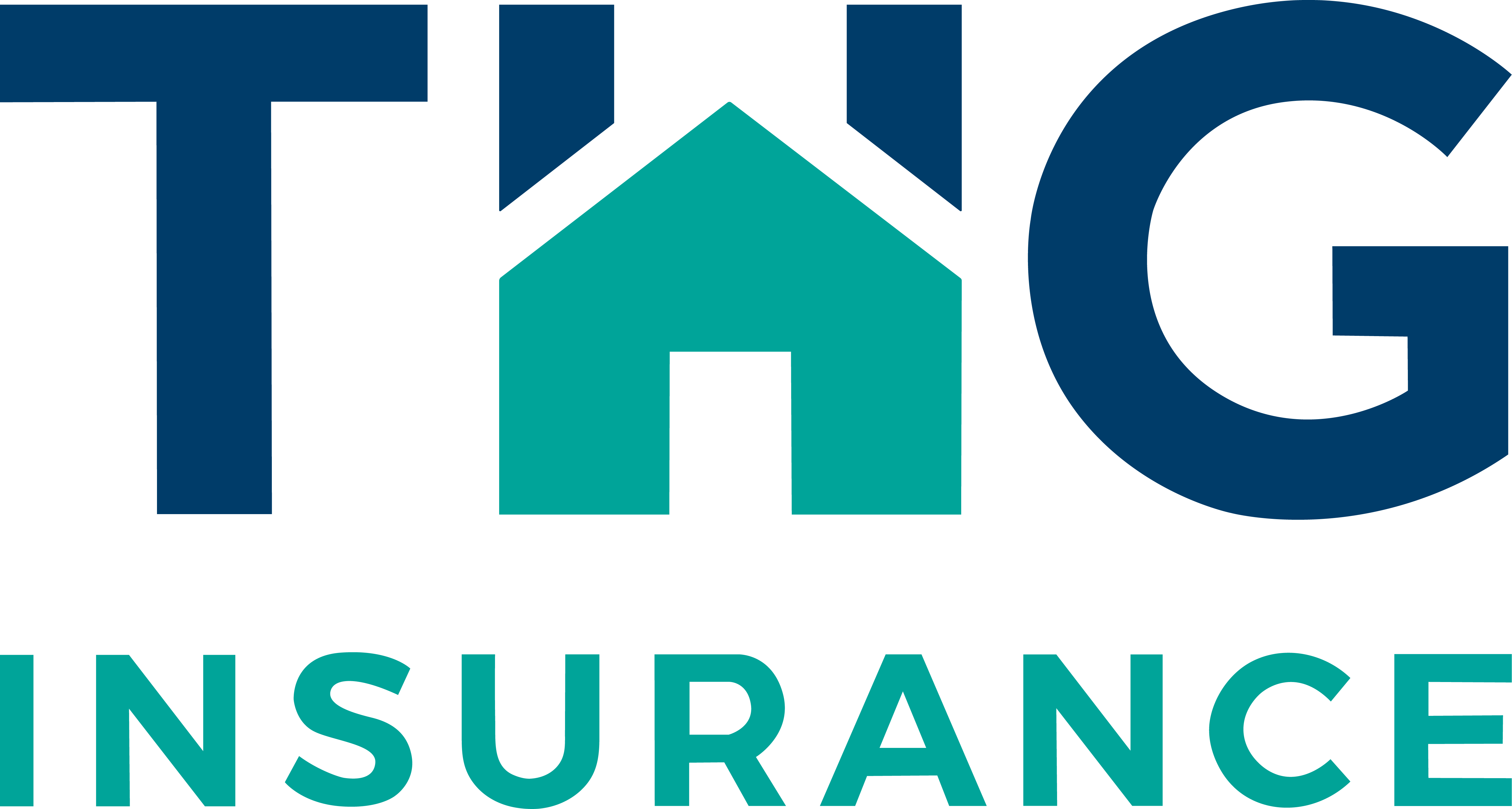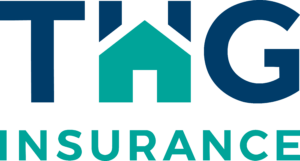Thinking about investing in commercial real estate this year? You’re not alone. Whether you’re new to real estate, looking to diversify your portfolio, or planning for retirement, commercial property can be a powerful asset — if you go in with the right information.
This guide breaks down everything you need to know, from benefits and risks to who should consider investing and how insurance plays a role.
If you’re ready to explore commercial property investment, The Huneycutt Group is here to help you protect what you invest in.
Key Takeaways:
- Commercial property can offer strong returns and long-term stability, but success depends on your goals, risk tolerance, and market knowledge.
- Understanding the pros, cons, and insurance needs is essential before investing — especially in today’s evolving 2025 real estate market.
- The right insurance strategy can protect your investment and boost your peace of mind, especially with shifting construction costs and market conditions in 2025.
What Is a Commercial Property?
A commercial property is real estate used for business purposes. This includes:
- Office buildings
- Retail storefronts
- Warehouses
- Industrial spaces
- Mixed-use properties
- Multi-family apartments (5+ units)
Unlike residential properties, commercial real estate is typically leased to businesses, not individuals, which changes how it’s valued, maintained, and insured.
Who Should Consider Investing in Commercial Property?
New or Aspiring Investors
If you’re new to real estate, commercial property might seem intimidating. But with proper research and the right partners, it can offer high returns and stable income.
Residential Investors Looking to Diversify
Already own rental homes or duplexes? Commercial property gives you a new stream of income and spreads your risk across different asset classes.
Professionals with Capital to Deploy
Business owners, doctors, attorneys — if you’ve got capital and are looking for ways to build long-term wealth, commercial property can be a strategic move.
Retirees or Pre-Retirees
Seeking passive income with inflation protection? Commercial property leases can offer stable returns that help fund retirement.
Pros and Cons of Investing in Commercial Real Estate
Like any investment, commercial property has upsides and downsides. Here’s what you should know before committing your capital.
Positive Reasons to Invest in Commercial Property
1. Income Potential
Commercial leases tend to be longer and more lucrative than residential leases. One tenant might occupy a space for 5–10 years, offering consistent income.
2. Professional Communications
Commercial tenants (businesses) are more likely to treat your property professionally. Communication is usually structured and businesslike.
3. Reputation
Owning a well-known building or retail space can boost your reputation and open doors in your local business community.
4. Predictable Hours
Most commercial tenants operate during business hours, meaning fewer midnight maintenance calls.
5. Valuation Opportunities
Commercial properties are typically valued based on their income, not just market comps. That gives you more control over increasing value.
6. Flexibility
You can buy, lease, or repurpose commercial spaces depending on market demand. They’re often more adaptable than residential.
7. Property Appreciation
In strong markets, commercial property can appreciate quickly, especially if located in a high-traffic or growing area.
8. Tax Benefits
You may be able to deduct interest, depreciation, and operational expenses — ask your CPA for specifics.
Downsides to Investing in Commercial Property
1. Time Commitment
Managing a commercial building — especially multi-tenant — takes time. Expect to hire a property manager or be hands-on.
2. Professional Help Required
You’ll likely need a team: lawyer, commercial realtor, accountant, and insurance expert. Don’t go it alone.
3. More Cost Upfront
Commercial properties cost more upfront than residential. You’ll need solid capital or financing.
4. Higher Risk
When businesses fail, tenants may default. Economic downturns hit commercial properties hard — especially retail or office space.
5. Business Relocation Considerations
If you’re buying a building for your own company, make sure it’s cost-effective vs. leasing, especially if growth or relocation is likely.
Types of Commercial Property
There’s no one-size-fits-all commercial investment. Here are a few categories:
- Office Buildings: From small professional suites to skyscrapers.
- Retail Spaces: Standalone shops or entire shopping centers.
- Industrial: Warehouses, manufacturing plants.
- Multi-family: Apartment complexes (not single-family rentals).
- Mixed-use: Combines residential and commercial, often seen in urban areas.
Each type comes with different risk profiles, tenant expectations, and insurance requirements.
What Type of Insurance Do You Need for a Commercial Property?
At a minimum, every commercial property owner needs commercial property insurance, which covers the building and its contents against damage from covered events like hurricane, fire, theft, or vandalism. But depending on your property type and use, that may not be enough.
Additional coverages to consider include:
- General Liability Insurance – Protects you if someone is injured on your property.
- Business Interruption Insurance – Covers lost income if your property becomes unusable due to a covered event.
- Flood or Earthquake Insurance – Often excluded from standard policies but crucial in certain areas.
Every investment is different, which is why it’s smart to work with a team that understands your unique risks.
The Huneycutt Group can help tailor a policy that protects your property and your peace of mind.
Is Now a Good Time to Invest in Commercial Property?
It depends on your market and strategy. Recent shifts in work-from-home trends, inflation, and interest rates have cooled some commercial sectors — especially traditional office space. But industrial properties, warehouses, and mixed-use developments are thriving in many areas.
Costs of materials are stable at the time of this article. Insurance is also evolving. Reinsurance (insurance for insurance companies) impacts rates across the board, especially after natural disasters.
Reinsurance rates are starting to ease, which is helping bring down the cost of insurance for new commercial construction projects. As a result, coverage is becoming more affordable.
That’s why it’s critical to work with an insurance advisor who understands commercial property and can guide you to the right policy for your investment.
Need Help With Your Commercial Insurance Policy? Talk to an Expert
At The Huneycutt Group, we specialize in protecting commercial properties — whether you own one or several. We’ll walk you through risk, coverage, and savings opportunities. Let’s make sure your investment is protected from day one.
Is Commercial Property Right for You?
Commercial property can be a high-return investment, but it’s not for everyone. It takes capital, time, and a willingness to plan. If you’re weighing your options, let’s talk.
Whether you’re just starting out or expanding your real estate portfolio, The Huneycutt Group is here to protect your investment.
Commercial Property Investment: FAQ
What is the average return on commercial property investment?
Returns can vary by location, property type, and market conditions, but many investors aim for 6% to 12% annual returns after expenses. Higher returns are possible with value-add strategies or in emerging markets, but they can come with more risk.
Is commercial property safer than residential property?
Commercial properties typically offer longer leases and higher income, which can feel more stable. However, they can also be more vulnerable during economic downturns. Residential real estate tends to have more consistent demand, while commercial can fluctuate based on business trends.
What are the risks of commercial property investment?
Risks include vacancy, tenant default, market shifts, larger maintenance costs, and economic slowdowns. Certain sectors, like retail and office space, can be especially sensitive to changes in how people work and shop.
Can I get a mortgage for a commercial property?
Yes, but commercial mortgages are different from residential ones. You’ll often need a larger down payment (20–30%), and lenders may require detailed financials for both the property and borrower. Interest rates and terms also vary more widely.
Is now a good time to buy commercial real estate?
It depends on your goals and the type of property. While some sectors (like office space) are in transition, others (like industrial or mixed-use) are thriving. Construction costs and changing insurance markets also play a role — working with professionals at The Huneycutt Group can help you navigate this.
How much capital do I need to invest in commercial property?
This varies by property type and market, but most commercial deals require a minimum of $100,000 to $250,000 in available capital for down payments, closing costs, and reserves.





